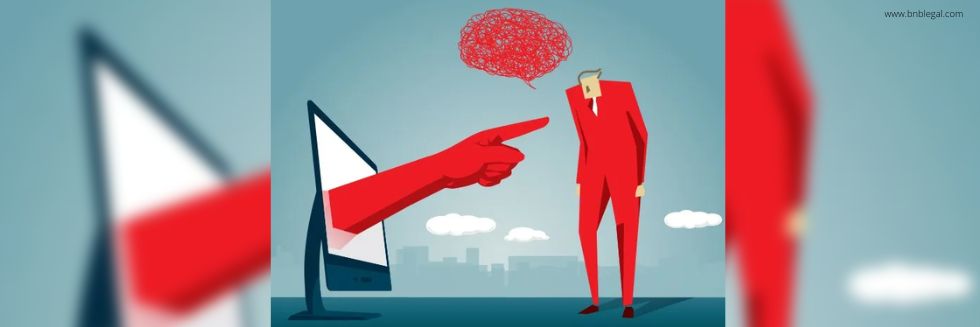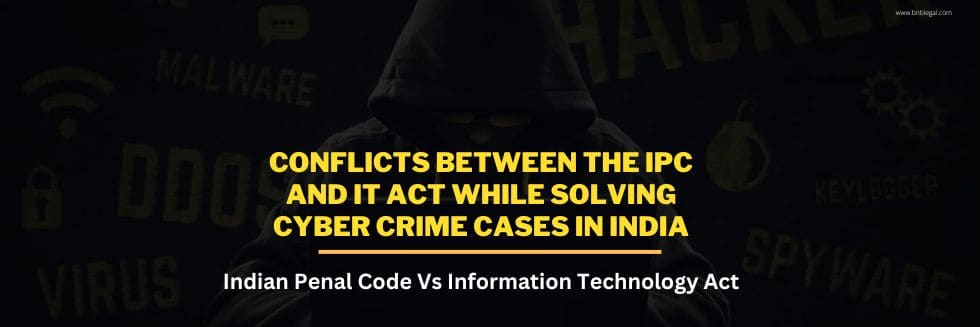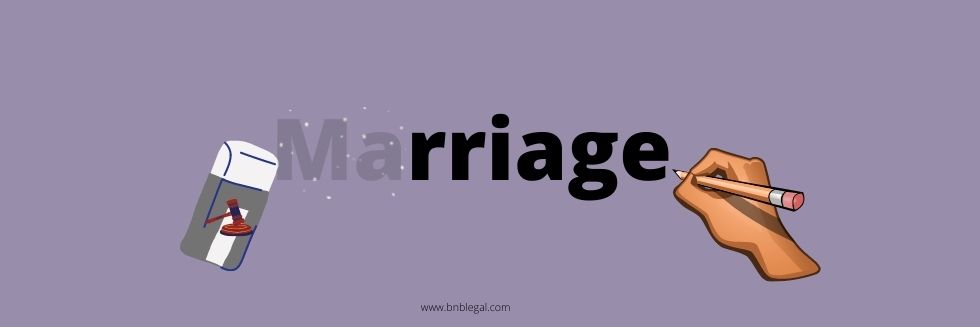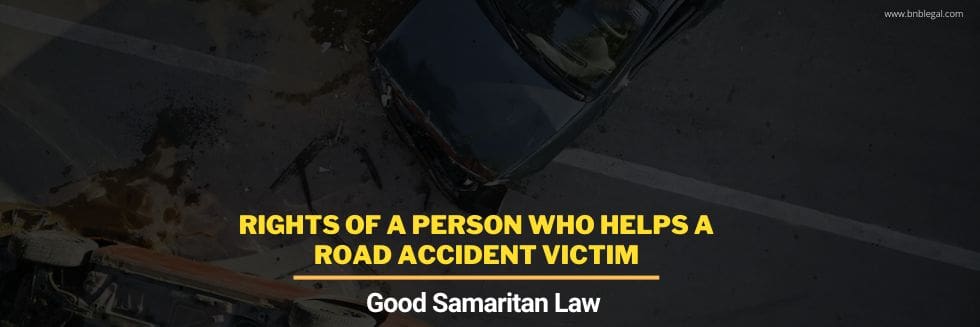Scope
The extent of this article stretches out to how media and maligning are associated with one another. This article considers how any data distributed by the media can prompt criticism of the concerned individual. It additionally incorporates the established angle connected with media regulation and the obligations of the media.
History of Defamation Law
The development of the idea of defamation accompanied the ongoing clash between the assurance of character and the protection of people and, on the other hand, the right to speak freely of discourse and articulation. “The earnestness of the issue was raised because of the institution of the common liberties act, 1998, which brought the privileges of opportunity under Article 10 of the European show on essential liberty (ECHR).”
With the Derbyshire country board V. Times paper, the need to safeguard somebody’s standing has been given extraordinary significance under English regulation. The law of maligning gives security from bringing somebody standing down to the general population overall. However, the primary inquiry is how much the words expressed or composed are considered maligning. However, the case of maligning should demonstrate that the assertion was slanderous and was distributed at large, degrading the standing of the concerned party. The following stage will be the case’s significance and the assertion passed. Fundamentally, slander is associated with the impact of the assertion distributed at large, and the significance ought to be there of the inquirer and the assertion.
In this way, taking a gander at the conviction of the offence, continuing to the connection of the media and slander must be drawn closer in a delicate manner. The working of media is genuinely dependable work and holds a substantially central part of data. Along these lines, there is an extremely slim line of distinction between data and abusive proclamation and in this, crafted by the media must be kept very precise.\
Introduction
With day-to-day improvement, diverse sources and advances in correspondence are being created. For example, the web has been the number one among all right now, as say online entertainment has become an enormous stage for correspondence worldwide. Taking a gander at the Indian viewpoint, media plays had a significant influence in imparting to people in general. With the advancement in advances, media has additionally been created in each stage. In the innovative time, it is essential that people, in general, are mindful of the country’s happenings, particularly in any equitable country. Though to play this media has a massive stake in speaking with the general population. As said, if the tree is sustained legitimately, it will give the appropriate organic product.
In the same way, if the media is utilized correctly, it very well may be helpful at its limit. Media is the foundation of the most elevated scope for speaking with individuals. However, investigating the crate of the Indian regulations, a portion of the confined lines are additionally drawn for the media. “Laws of media fundamentally talk about the freedom and limitations of the media of India.”
In a majority-rule country like India, there is a crucial ideal for the resident under Article 19(1)(a)– The right to discourse and articulation is one of them. This right depends upon different limitations under Article 19(2), slander being one of them. A general guideline is that no right is outright, and the right to the right to speak freely of discourse and articulation is no exemption.
Fundamentally defamation prompts the activity of harming the excellent standing of somebody’. While under IPC (Indian Penal Code), maligning is considered an offence. On the off chance that seen the alternate way, overall terms criticism is the distribution of a misleading and disparaging assertion concerning one more without worthy motivation or excuse, by which he endures injury to his standing.
Further comparable to the media regulation, the inquiry emerges regarding which information creation adds up to maligning and which holds the insurance of the right to speak freely of discourse and articulation. Media assumes an exceptionally fundamental part in coming to individuals through the method for news and conveying them to the public. It is the commitment of the media that any news they are printing or broadcasting remembers a decency for approach and does not have a one-sided approach. Inside the domain of media regulation, one cannot escape on the ground that he did not know what to distribute and what not to. Whether it is print media or broadcasting media, one needs to remember that the distribution does not prompt an abusive proclamation. The place of a writer prompts a similar cup as they can be charged with an offence while following their job, they hold equivalent to others area. The proprietor, typesetter or word-setter, supervisor, distributor, and creator are capable because they are the bodies tolerating the bundle of issues to be distributed. Obliviousness and mix-up of the act cannot be utilized as safeguards here. The risk of the manager or boss proofreader subject to the case might be, for the distribution of any news material, will rely on the charge and verification regarding the part played by him in the determination and distribution of news material.
To distribute is to add to the intellectual prowess of the peruser or to illuminate or spread the word for him something. To distribute a disparaging assertion or any matter or any news is to spread the word about it for whatever other individual that the one criticized. With that, even a solitary correspondence will get the job done. However, it is more likely than not to be done to a third individual because to convey a matter is the object of slander, which toward the end adds up to a slanderous explanation. An abusive matter might be conveyed through a method that scopes to the next party.
Assembly gives space for exemptions in the issues. Maligning holds the accompanying safeguards (I) request of truth, (ii) fair remark, (iii) honour, (iv) statement of regret and withdrawal and (v) assent. “On the off chance that these are the cases, the matter or the assertion does not prompt maligning or a slanderous assertion.”
Types Of Defamation
There are two ways through which we can transmit the defamatory statement. One is through slander and another one is through libel. Libel is done through text or graphics and it is permanent in nature. Thus, it can be said that it will stay as long as the graffiti or statue, or picture stays on.
Defamation can also be done through slander. Here, slander is referred to as transient or non-permanent in nature. Thus, in this case, the effect of defamation is considered to subsist for the time period of comment or action.
Slander
Slander can also happen in a way that will closely represent libel. For example, when you dictate some defamatory comments to your clerk who in turn types it on letterhead the communication that is going to happen for the third person throughout the speech. Thus, in this case, the mode of transmission is the one that is considered transient.
Libel
For an action to be considered a libel the proof in contention should be proved as defamatory, false, made public, or in writing. The comment made which is defamatory in nature should be directly or indirectly referred to the plaintiff. Furthermore, this comment should also draw a reasonable connection between the comment and the person.
Though it is not necessary that a person should be named specifically neither is the intention of that defendant. However, defamation cannot be made against a category or a deceased person such as doctors. So, in these types of cases if the defamation happens to injure the living person’s reputation then that person will be sued for defamation.
Media Law and Defamation
Any distributed news must be inside the domain of the morals of the media individual or the columnists. One ought to see that the data conveyed prompts honesty, leads the mass in a legitimate bearing, and does not make an adverse consequence. In the general public, the law blesses each individual with an option to keep up with and protect his standing. The right of notoriety is recognized as an innate individual right of everyone. A man’s standing is his property and more important than any property.
In the Bhagavad Gita, criticism is more awful than death for a praiseworthy individual. It is considered extraordinary malevolence. Notoriety is a significant and essential piece of the poise of an individual, and the right to notoriety is an intrinsic right ensured under Article 21, likewise called everyday freedoms. Maligning is an injury to the standing of an individual. The pith of maligning lies in the way that it is a physical issue to the regard or respect wherein others hold one. The general set of laws of India establishes abusive proclamation as an offence.
Established Aspect Of Media Regulation
The established part of the media regulation includes specific principal opportunities. There is no immediate opportunity to worry about media regulation. However, a circuitous opportunity falls under Article 19. This article gives the ability to speak freely, and whenever found corresponding to media, Article 19(1) counts the right to speak freely and articulation. This fundamental right assumes an exceptionally indispensable part corresponding to the opportunity of media. The right given to the media individual likewise carries a portion of the limitations to it. One cannot utilize the option to its limit, and different regulations must be kept with it at the hour of execution.
Case Laws Related To Media And Defamation
In Sakal Papers ltd. V. Association of India, for this situation, the Daily Newspapers Order, 1960, which fixed a base cost and several pages for which a paper is qualified for distribution, was tested as illegal. The state legitimized the law as a sensible limitation on the business movement of a resident. The Supreme Court struck down the request dismissing the state’s contention. That is what the court thought, and the right to speak freely of discourse and articulation could not be removed with the object of limiting the residents’ business movement. The right to speak freely of discourse can be confined distinctly on the grounds referenced in provision (2) of Article 19.
In K. A. Abbas V. Association of India, the candidate interestingly tested the legitimacy of oversight as violative of his fundamental right of discourse and articulation. The high court saw that the pre-oversight of movies under the Cinematograph Act was advocated under Article 19(2) because films must be dealt with independently from several types of quality and articulation. After all, a movie had the option to work up feelings even more profoundly and, in this manner, the order of movies between two classifications A’ (for grown-ups just) was achieved.
Defamation And Media’s Right To Speak Freely And Articulation
Media has been a forerunner in imparting to individuals, independent of any media. The news imparted by the media is at an exceptionally incredible compelling level. Along these lines, any news that prompts uncertainty can cause turmoil worldwide. Before distributing it on the public stage, any media should be appropriately broken down and should not leave any uncertainty or contention regarding its honesty. It is the ethical obligation of the media to serve the country with an apparent guarantee of information. The media ought to show the image of the genuine issue to the residents and allow them to conclude regardless of whether the progressive advance is right as opposed to expressing the definitive assertion. It is not the obligation of the media to give a firm assertion of any of the issues and causes individuals to rule towards that assertion throughout the course.
Exceptionally in a vote-based country climate, the residents are the fundamental mainstay of the country. Along these lines, any off-base effect or any persuasive data in a negative way makes a special issue towards the fate of the country. Before any of the legal freedoms, it is an ethical obligation of the media to shield the force of media by getting it inside its ambit of the word and not having an insidious effect on the country.
Looking at the legal powers, there is no explicit right given to the opportunity of the media. While under Article 19(1)(a), the right to speak freely of discourse and articulation and under Article 21, the right to life and freedom are protected.
Further taking a gander at different regulations which limit the powers of the ability to speak freely, and articulation is under IPC; Sec 499 which expresses the defamation’ ordered with Section 500, Section 501 and Section 502 of IPC giving to the discipline of the level of the offence submitted. The legal arrangements are outlined for the legal guidelines to check the management of the phoney data to the mass.
Additionally, the Information Technology Act controls the internet-based media foundation by outlining the guidelines in view of the offences submitted on the web. The correct data is delivered when most individuals are subject to a social stage and are likewise an extraordinary wellspring of correspondence. The Information Technology Act likewise controls the offences relating to any abuse of innovation, which additionally gives a hand to the utilization of online entertainment. Alongside the other legal regulations, the IT act should likewise be altered with the step-by-step impending abuse of the media. Ultimately it is in possession of media to spread data and in what way such data ought to arrive at the general population. The data ought to be open-finished and not an indisputable explanation that affects the clients’ personalities.
Making up the determination, if the media finish the self-guideline, the obligations are conveyed as they ought to be, and the topic of legal guidelines will not emerge. If the circumstance is not inside the ambit of the self-guideline, then the part of legitimate guidelines must be viewed for the avocation. Thus, it is the moral and lawful obligation of the media to go about according to the set of principles of the media in working on their job.
Conclusion
The co-connection of media and maligning cannot be finished to the end as it is a vast subject having an expansive viewpoint. Media is an area associated with every field; hence, each part of the media must be viewed. With interest in each field, it must be seen that the uncovered data is honest, and malignancy does not happen. Slander and media are two ways of a similar street. The convenience of both the terms must be done not to cover one another, and therefore maligning is not submitted. It is crucial that any data produced at a mass level ought to be without question, and as the media plays out at that stage every single time, the media’s job turns out to be extremely vital. In a vote-based country like India, newscasting holds the greatest compel towards the country’s residents. In this way, if malafide data or the slightest uncertainty emerges from the data broadcasted, there would be an unfavourable effect. It must be seen that individuals shaping their perspectives in light of the data broadcast are not affected unfavourably. However, being a wide area, it very well may be inferred that criticism and media are two of a kind. However, the action that ought to be taken is that they do not cover one another and should perform inside their self-inflicted limits.
This article is written and submitted by Mohd Shaaz Peerbaksh during his course of internship at B&B Associates LLP. Mohd Shaaz is a 5th year law student from IMS Unison University, Dehradun.






